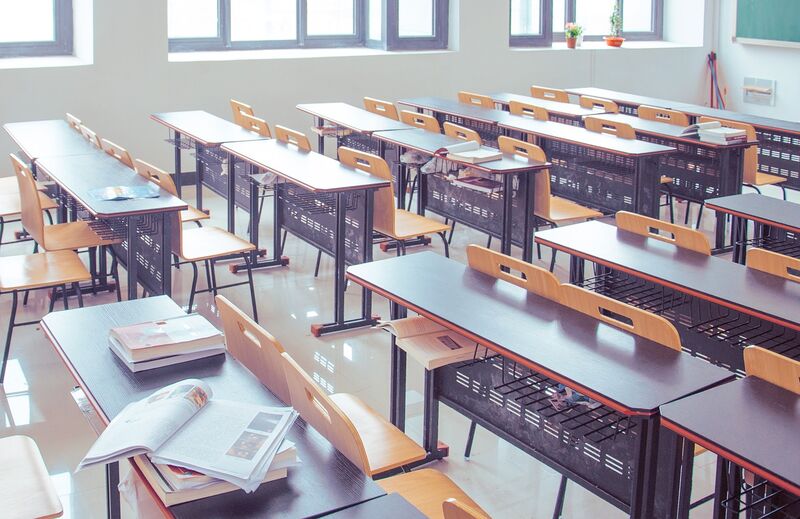
In K through 12th Grade many students who have disabilities receive educational accommodations to assist them with issues related to learning disabilities, ADHD/ADD, vision or hearing loss, emotional or physical issues. These services are typically provided as part of the school’s requirements to provide a free and appropriate education and the Individuals with Disabilities Education Act (IDEA) or the Rehabilitation Act of 1973.
Schools are required to provide testing to determine if a student has a disability and when necessary, the appropriate accommodations necessary to be successful in school. These are listed in an Individual Education Plan (IEP) or 504 Plan. Accommodations could be physical alterations for a student who uses a mobility device such as a wheelchair or additional assistance when taking a test. A note taker may be provided for a student if needed or a paraprofessional to assist them with their school activities. Sign language interpreters could be provided or written materials in audio or braille for students with vision or reading difficulties. Schools are required to have an active and proactive role to ensure students have these services and review them with the student and family each year.
What happens after graduation? One more step is important especially before graduating. Gathering your information about the accommodations you received in high school. Your IEP should contain the information, or you may need medical records or a physician’s note describing your needs.
You tour a few colleges, trade schools such as barbering or cosmetology or a few universities. You choose your program, you register and complete your Financial Aid packet, find a place to live and are done, right? If you need help the school will step in and provide the assistance just like in high school? Not usually. IDEA does not cover post-secondary training programs. The Americans with Disabilities Act (ADA) does though for both public and private institutions.
You may need to research what accommodations the training facility is required to provide such as braille, lecture notes, test accommodations, sign language interpreters so you can advocate for yourself. The regional ADA centers are great resources for this information. If you have a service animal, physical limitations or use a mobility device and plan to live on campus, you may want to contact campus housing to request accommodations or to ensure your dorm meets your accessibility needs.
Take the time to visit with the college, university or trade school Disability Support Service, Academic Success, or other Disability Service office to find out what accommodations are available and what documentation you need to provide.